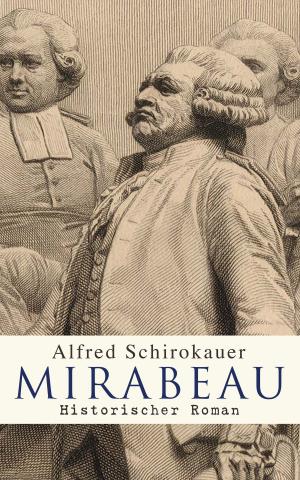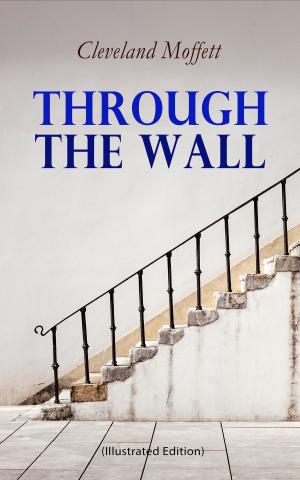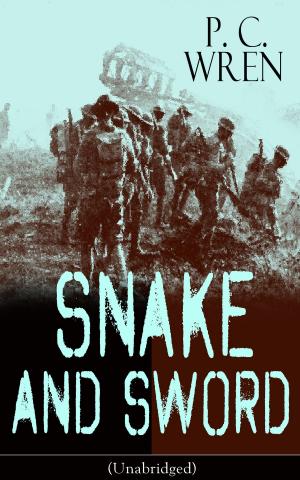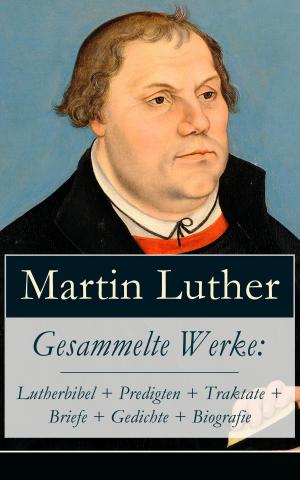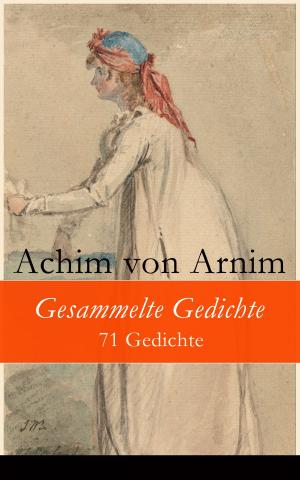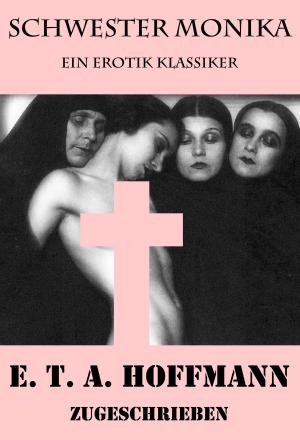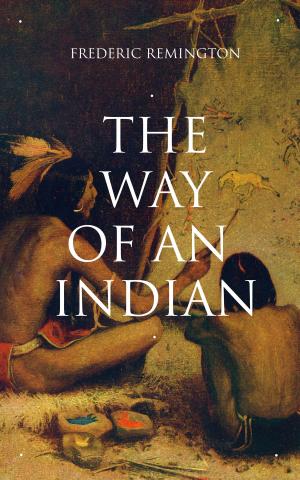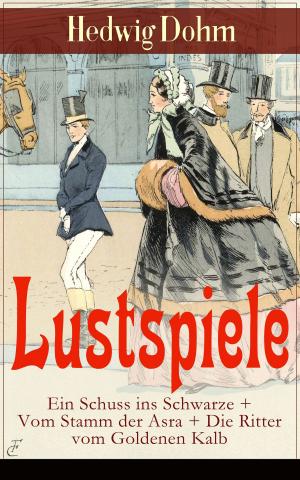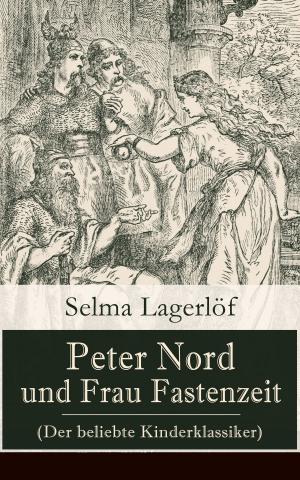The Four Gospels: Fruitfulness + Labour + Truth - Justice (unfinished)
Nonfiction, Religion & Spirituality, Philosophy, Religious, Fiction & Literature| Author: | Émile Zola | ISBN: | 9788074849930 |
| Publisher: | e-artnow | Publication: | December 1, 2013 |
| Imprint: | e-artnow | Language: | English |
| Author: | Émile Zola |
| ISBN: | 9788074849930 |
| Publisher: | e-artnow |
| Publication: | December 1, 2013 |
| Imprint: | e-artnow |
| Language: | English |
This carefully crafted ebook: “The Four Gospels: Fruitfulness + Labour + Truth - Justice (unfinished)” is formatted for your eReader with a functional and detailed table of contents.
This volume includes three books intended to illustrate the cardinal principles of human life according to Emile Zola. Originally named "Les Quatre Évangiles" was supposed to consist of 4 novels, but the last novel "Justice" was never completed:
Fécondité (1899)
Travail (1901)
Vérité (1903, published posthumously)
Justice (unfinished)
"Fruitfulness" is the first of a series of three works in which M. Zola proposes to embody what he considers to be the four cardinal principles of human life. These works spring from the previous series of The Three Cities: "Lourdes", "Rome", and "Paris", which dealt with the principles of Faith, Hope, and Charity.
Émile Zola (1840 – 1902), French novelist, critic, and political activist who was the most prominent French novelist of the late 19th century. He was noted for his theories of naturalism, which underlie his monumental 20-novel series Les Rougon-Macquart, and for his intervention in the Dreyfus Affair through his famous open letter, “J’accuse.”
This carefully crafted ebook: “The Four Gospels: Fruitfulness + Labour + Truth - Justice (unfinished)” is formatted for your eReader with a functional and detailed table of contents.
This volume includes three books intended to illustrate the cardinal principles of human life according to Emile Zola. Originally named "Les Quatre Évangiles" was supposed to consist of 4 novels, but the last novel "Justice" was never completed:
Fécondité (1899)
Travail (1901)
Vérité (1903, published posthumously)
Justice (unfinished)
"Fruitfulness" is the first of a series of three works in which M. Zola proposes to embody what he considers to be the four cardinal principles of human life. These works spring from the previous series of The Three Cities: "Lourdes", "Rome", and "Paris", which dealt with the principles of Faith, Hope, and Charity.
Émile Zola (1840 – 1902), French novelist, critic, and political activist who was the most prominent French novelist of the late 19th century. He was noted for his theories of naturalism, which underlie his monumental 20-novel series Les Rougon-Macquart, and for his intervention in the Dreyfus Affair through his famous open letter, “J’accuse.”


